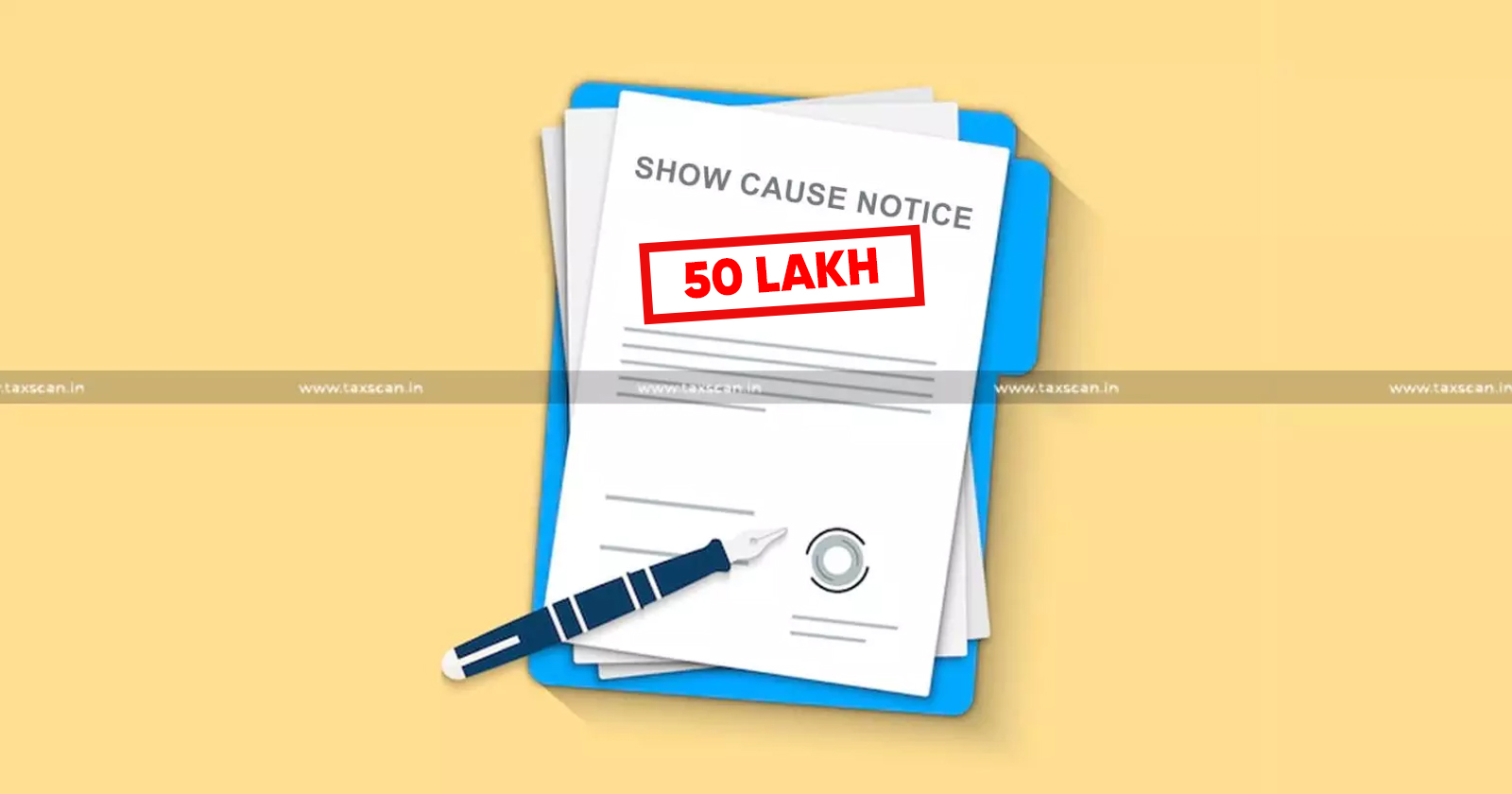Service Tax Not Payable When Materials Supplied Free By Client: CESTAT allows 60% of Abatement [Read Order]
CESTAT rules no service tax on materials supplied free by the clients and the appellant was eligible for 60% abatement under the Determination of Values Rules.
![Service Tax Not Payable When Materials Supplied Free By Client: CESTAT allows 60% of Abatement [Read Order] Service Tax Not Payable When Materials Supplied Free By Client: CESTAT allows 60% of Abatement [Read Order]](https://images.taxscan.in/h-upload/2025/10/13/2096063-sevice-tax-taxscan.webp)
The Allahabad Bench of the Customs, Excise, and Service Tax Appellate Tribunal (CESTAT) ruled that service tax is not payable when materials are supplied free of cost by the client, and the contractor is entitled to claim 60% abatement under the Service Tax (Determination of Value) Rules, 2006.
R.N. Contractor, the appellant, was engaged in providing works contract services such as foundation and erection work for transmission lines to companies including Tata Projects Ltd., Isolux Corsan India, Unitech Power Transmission Ltd., and R.S. Infraprojects Pvt. Ltd.
Based on third-party data from Form 26AS, the department observed differences between the declared turnover and the actual receipts for the financial years 2015-16 to 2017-18.
Want a deeper insight into the Income Tax Bill, 2025? Click here
 Also Read:Cargo Space Sales and Reimbursable Expenses Not Liable to Service Tax: CESTAT Upholds Exemption for UN Peacekeeping Services [Read Order]
Also Read:Cargo Space Sales and Reimbursable Expenses Not Liable to Service Tax: CESTAT Upholds Exemption for UN Peacekeeping Services [Read Order]
A show cause notice dated December 29, 2020, was issued demanding service tax of Rs. 1,99,523 along with interest and penalties under various sections of the Finance Act, 1994. The adjudicating authority confirmed the demand and imposed penalties, and the Commissioner (Appeals) later upheld this order. Aggrieved by the decision, the appellant approached the Tribunal.
The appellant’s counsel argued that the services provided were composite works contracts involving both labour and materials, and that the clients had supplied cement, steel, and other materials free of cost for carrying out the work.
The counsel argued that the appellant was eligible for 60% abatement as per the valuation rules, and after availing this abatement, the taxable value fell below the exemption threshold, resulting in no service tax liability.
The department’s counsel argued that the appellant failed to reconcile the taxable value with the Form 26AS data and that the value of free materials should be included while determining the taxable amount. They submitted that the adjudicating authority had rightly confirmed the tax demand and imposed penalties.
 Also Read:Pre-Show Cause Consultation Mandatory for Service Tax Demands Exceeding ₹50 Lakhs under CBEC Circulars: Bombay HC [Read Order]
Also Read:Pre-Show Cause Consultation Mandatory for Service Tax Demands Exceeding ₹50 Lakhs under CBEC Circulars: Bombay HC [Read Order]
Know Practical Aspects of Tax Planning, Click Here
The single-member bench of P.K. Choudhary (Judicial Member) observed that in all the work orders, the service recipients had provided free materials such as cement and steel for executing the works. The tribunal explained that since the free materials were supplied by the clients, denial of 60% abatement was unjustified.
The tribunal relied on the Supreme Court’s ruling in Commissioner of Service Tax v. Bhayana Builders (P) Ltd. [2018 (10) G.S.T.L. 118 (S.C.)], which held that the value of goods or materials supplied free of cost by the client cannot be included in the gross amount charged by the service provider. The court in that case explained that service tax is payable only on the amount actually charged for the service and not on the value of goods provided without consideration.
Applying the same principle, the tribunal held that the appellant was eligible for 60% abatement and after availing this abatement, the taxable value was below the threshold exemption limit. So, no service tax was payable.
The tribunal set aside the order of the Commissioner (Appeals), quashed the demand and penalties imposed under Sections 77(2) and 78 of the Finance Act, 1994, and allowed the appeal with consequential reliefs as per law.
Support our journalism by subscribing to Taxscanpremium. Follow us on Telegram for quick updates


